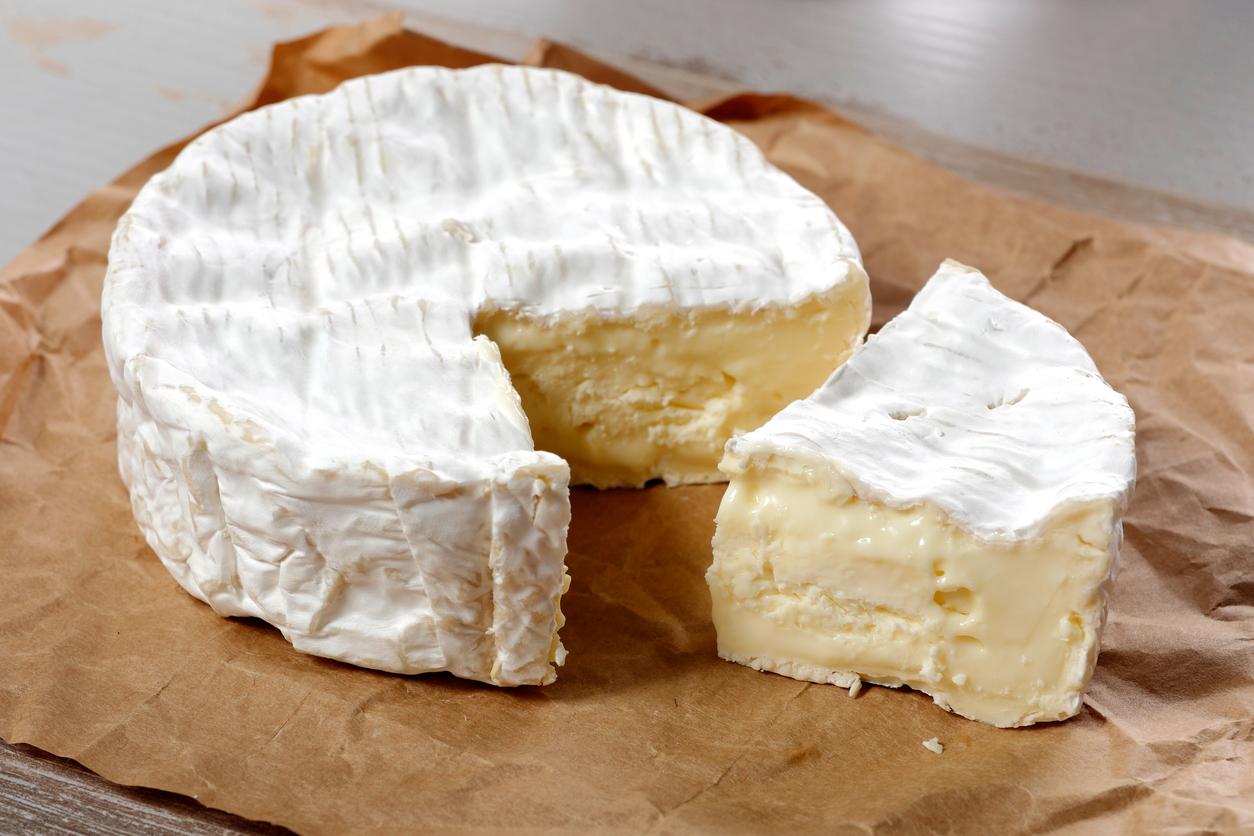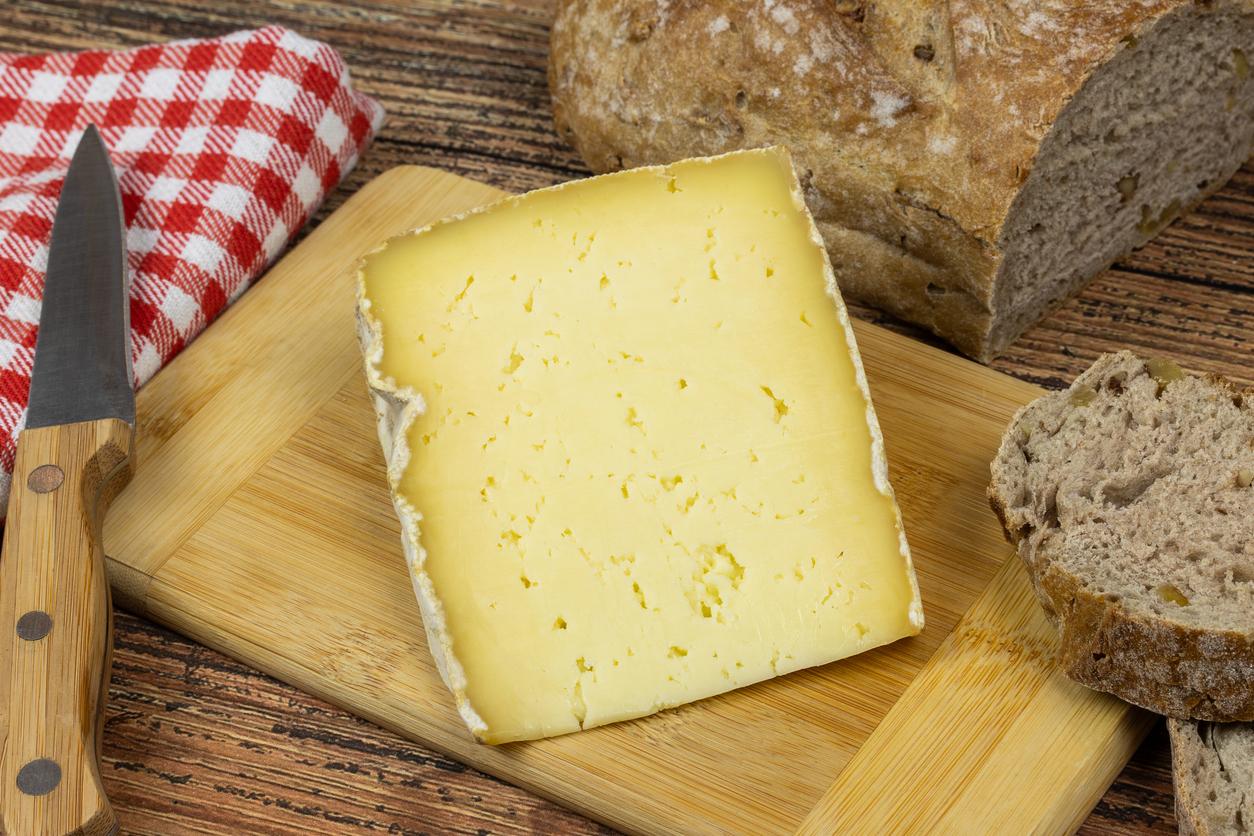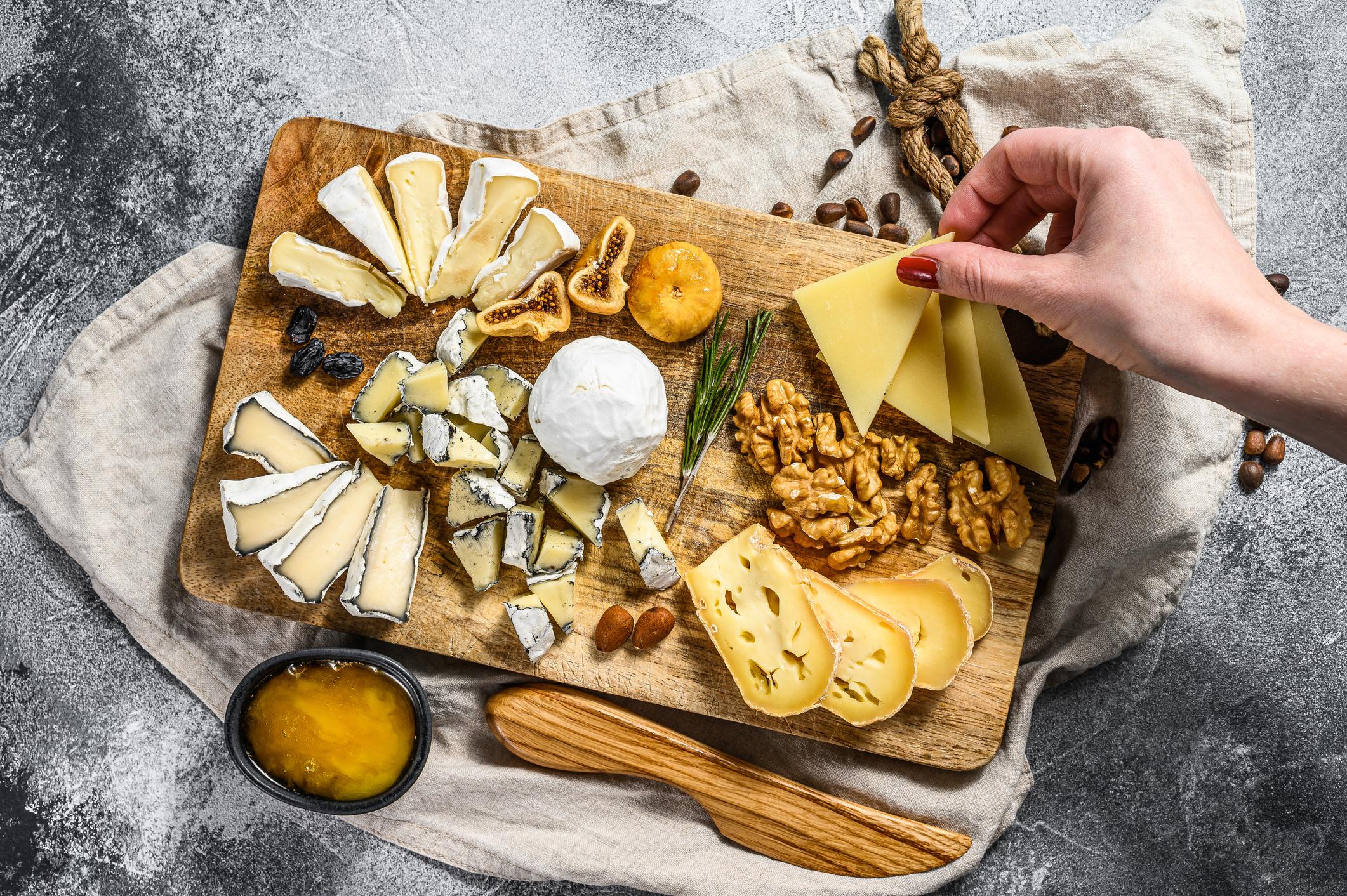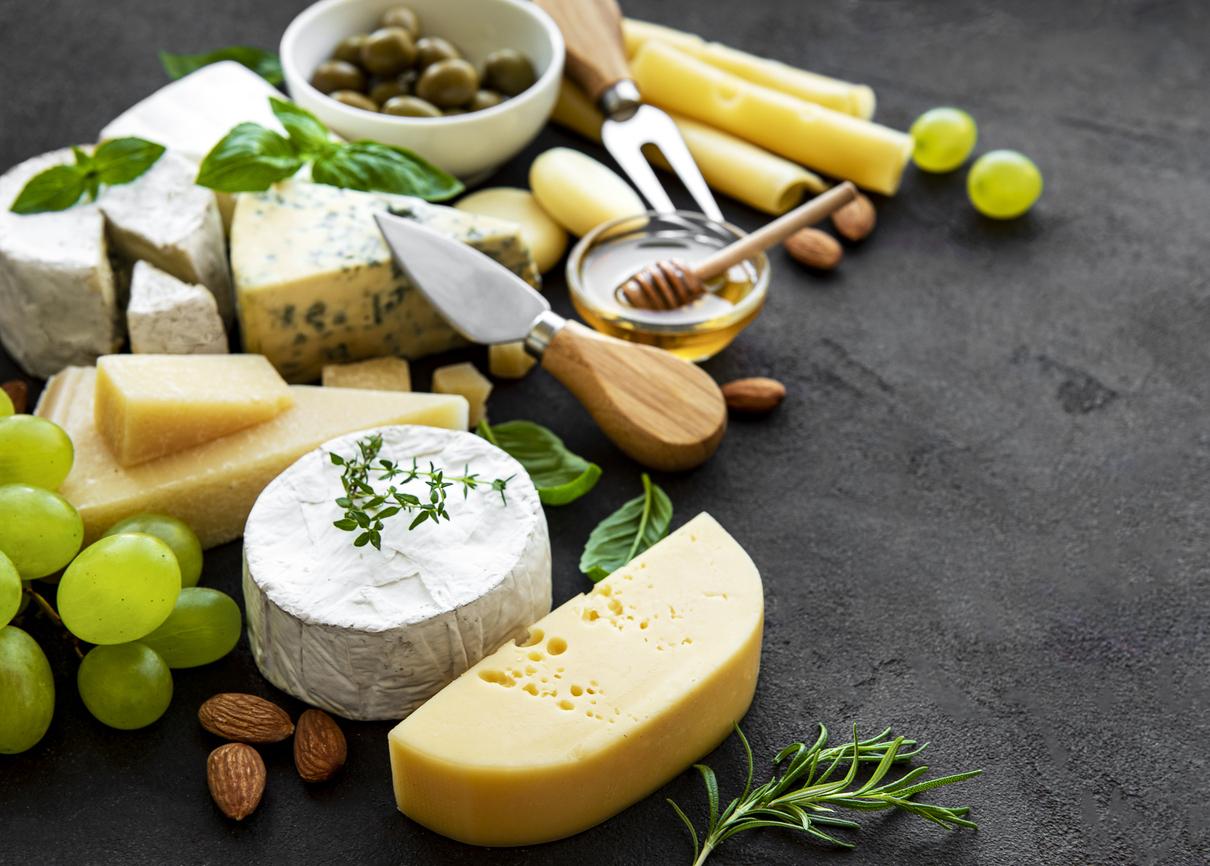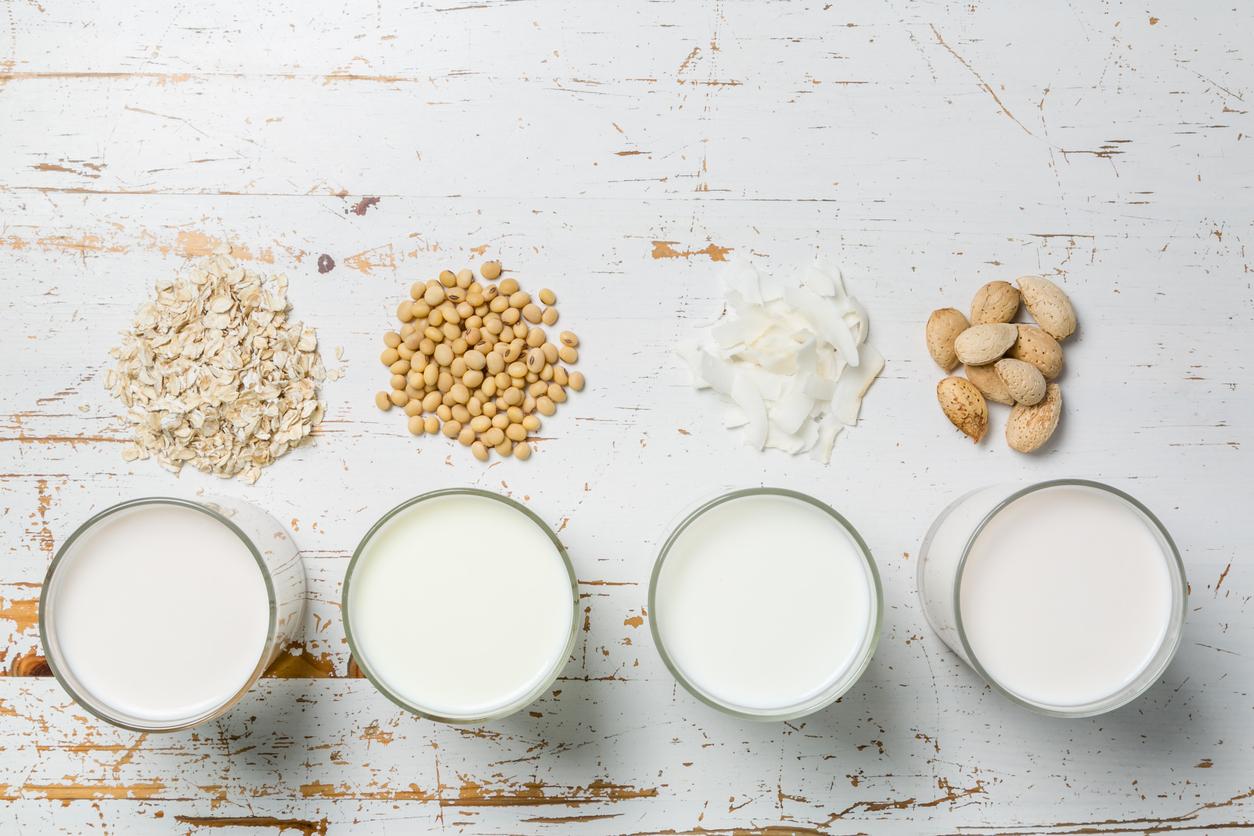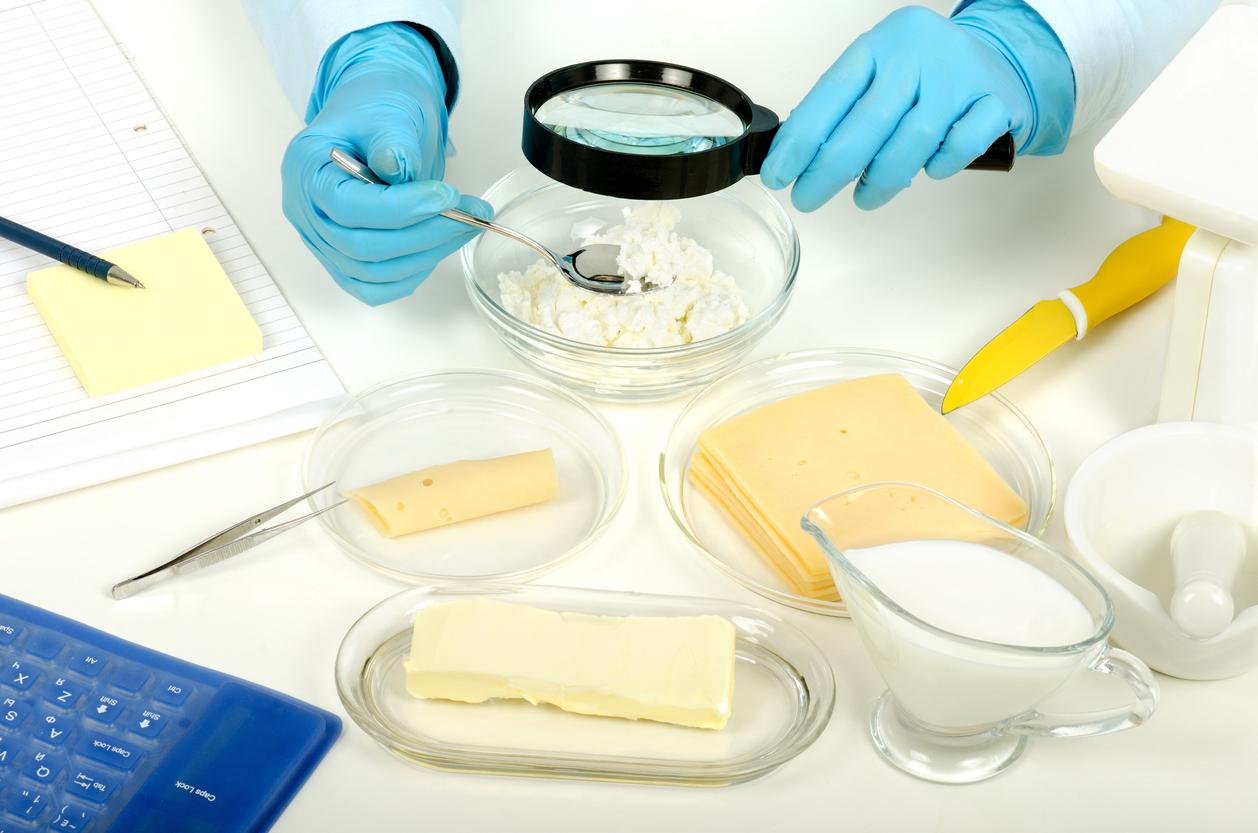
Flat cheese with many qualities
In the 1980s, cottage cheese went into a cheesecake at most. Nowadays, it is increasingly on the table at breakfast or as a snack. Cottage cheese is on the rise. And rightly so, because this ‘flat cheese’ has many qualities!
To start with the most important thing: cottage cheese is rich in proteins. A bowl of semi-skimmed cottage cheese (150 milliliters) provides 16 grams of protein. That is considerably more than there is in other dairy products such as milk and yogurt. The advantage of these proteins is that they provide satiety for a long time and that they are a good building material for the muscles. No wonder that cottage cheese is popular with dieters and athletes.
vitamins
In Belgium, quark is also called ‘flat cheese’ and indeed: in terms of nutritional value, quark is somewhat like cheese. Compared to milk and yogurt, cottage cheese contains more vitamins, especially vitamins B2 and B12. Vitamin B2 is important for energy management, the nervous system and digestion. A 150 milliliter portion of semi-skimmed cottage cheese already provides 40 percent of the recommended daily intake for women.
Vitamin B12 is a vitamin found exclusively in animal products. It is important for a good resistance, it plays a role in the formation of red blood cells and it contributes to the energy supply. A portion of cottage cheese already provides half the vitamin B12 of what you need in a day.
Calcium
When it comes to calcium, cottage cheese doesn’t score much better than other dairy products. Calcium is an important building block for teeth, teeth and muscles. Calcium is also involved in the conduction of stimuli in the nervous system. Just like a glass of milk or a bowl of yogurt, a portion of cottage cheese (150 milliliters) provides about 20 percent of the daily recommended amount.
Which cottage cheese?
In the past, it was always thought that low-fat dairy products are best for the slim line, nowadays there is a more nuanced view of this. A Harvard study last year, for example, showed that full-fat dairy products actually reduce the risk of overweight because they provide more satiety. If you look at the table, it seems that you get the most nutritional value per 100 grams with semi-skimmed cottage cheese.
Do you really not like the somewhat rough taste of cottage cheese? Then add a spoonful of (Greek) yogurt. Or take Bulgarian yogurt, a very close second in the ranking.
Nutritional value per 100 grams
| kcal | Protein (grams) | Vitamin B2 (milligrams) | Vitamin B12 (micrograms) | Calcium (milligrams) | |
|---|---|---|---|---|---|
| Cottage cheese, half full | 103 | 11.5 | 0.30 | 0.70 | 125 |
| Cottage cheese, lean | 67 | 10.5 | 0.30 | 0.70 | 128 |
| Cottage cheese, full | 120 | 7.1 | 0.25 | 0.70 | 125 |
| Milk, semi-skimmed | 46 | 3.4 | 0.18 | 0.45 | 122 |
| Milk, lean | 35 | 3.7 | 0.18 | 0.44 | 127 |
| milk, butter | 31 | 3.0 | 0.15 | 0.13 | 108 |
| Yogurt, half full | 51 | 4.5 | 0.17 | 0.51 | 143 |
| Yogurt, lean | 38 | 4.2 | 0.17 | 0.27 | 150 |
| Yogurt, full | 57 | 3.8 | 0.17 | 0.28 | 142 |
| Yogurt, Greek (full) | 125 | 4.7 | 0.16 | 0.26 | 128 |
| Yogurt, Bulgarian (lean) | 53 | 6.0 | 0.25 | 0.25 | 195 |
Source: NEVO Online







